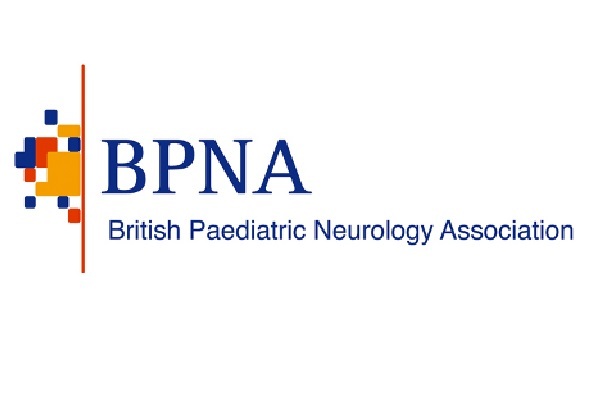The aim of this course is to improve neonatal neurological education and therefore improve the diagnosis and management of neonates with neurological disorders.
By the end of this two-day NeoNATE course, participants will be able to:
- Know how to perform a neonatal neurological examination
- Recognise seizure from non-seizure movement
- Consider the advantages and disadvantages of amplitude integrated EEG (cerebral function monitoring) and standard EEG
- Know how to interpret basic amplitude integrated EEG traces and EEG reports
- Demonstrate how to order a standard EEG effectively
- Understand what encephalopathy is, how to assess and grade its severity
- Look for clues for hypoxic and other causes of encephalopathy
- Understand current thinking on neuroprotection in hypoxic ischaemic encephalopathy
- Recognise common MRI features in encephalopathy
- Know the causes of seizures that are not related to hypoxic ischaemic encephalopathy, including seizure syndromes seen in neonates
- Understand current treatment options for neonatal seizures
- Know the presentation of neonatal stroke and long term prognosis
- Assess a floppy and stiff neonate and decide on the anatomical locality of the abnormality
- Review the limitations of prognosis in the antenatal clinic
- Understand currently thinking on the causes of preterm brain injury
- Improve knowledge of long term prognosis of preterm brain injury
- Feel more confident in providing prognostic information to families on the neonatal unit
- Know when to ask for help from other specialities
Programme and how to book: https://courses.bpna.org.uk/ecomm_product_view.php?courseid=436
Contact: [email protected]



